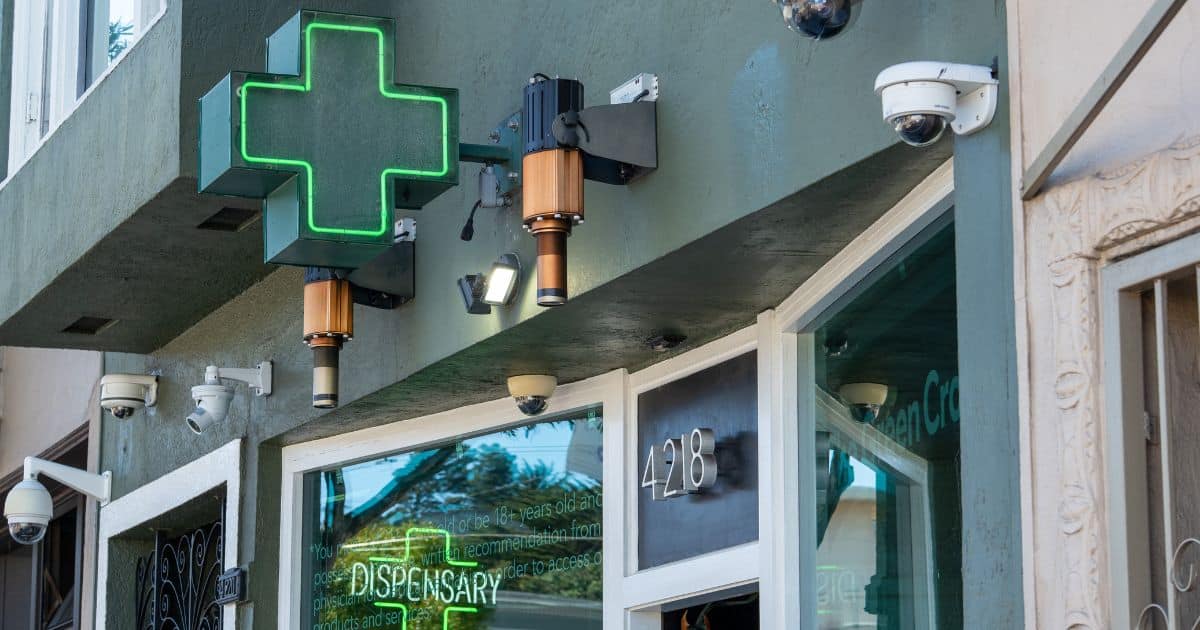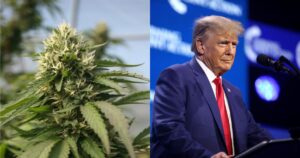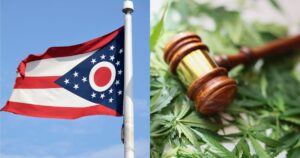Cannabis legalization has been a complex dance between public opinion, state laws, and federal regulations. The nation’s capital, Washington D.C., has been a unique battleground in this struggle, with its I-71 amendment fostering the rise of a cannabis “gifting” market that blurred the lines of legality.
However, recent developments mark a significant pivot as D.C.’s first transitioning cannabis gifting stores are now cleared to open as legal medical dispensaries, ushering in a new era of regulated cannabis access for medical use, as first reported by The Outlaw Report.
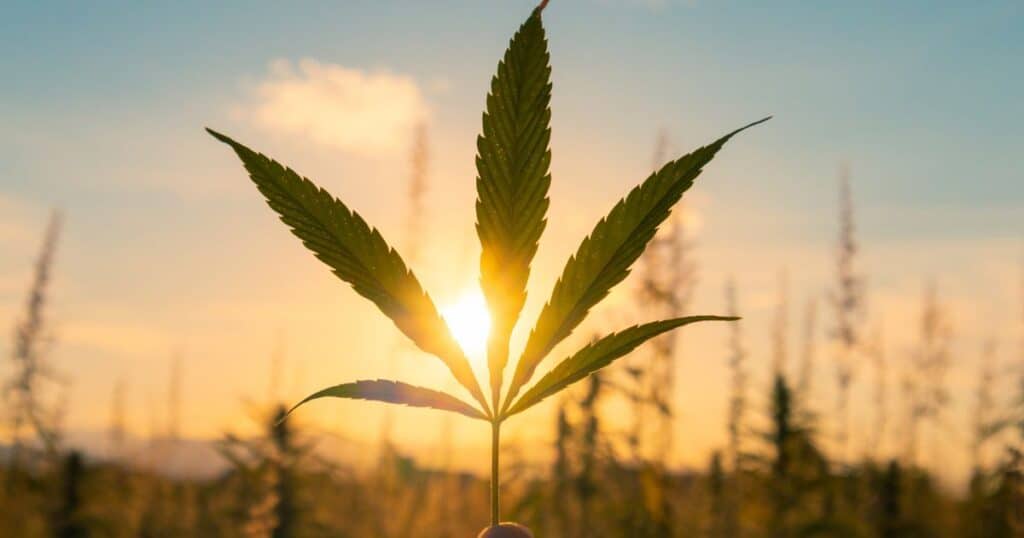
D.C.’s Cannabis Saga
Washington D.C.’s dalliance with cannabis law reform can be traced back to 2010 when medical cannabis was approved; in 2014, the Council of the District of Columbia decriminalized possession of cannabis, and in 2015, Initiative 71 was a voter-approved ballot initiative that legalized the recreational use of cannabis.
With the advent of the I-71 amendment that allowed individuals to possess, grow and gift limited amounts of marijuana. One wouldn’t be remiss to call it a legal loophole that birthed an informal economy around cannabis “gifting.”
However, the real catalyst for change was the Medical Cannabis Amendment Act of 2022, which set in motion the conversion of these gifting stores into licensed medical dispensaries. The Act was a response to the proliferation of I-71 businesses, which had grown exponentially, sometimes standing shoulder to shoulder on street corners across the district.
From Gift Shops to Dispensaries
Transitioning from an I-71 operation to a medical dispensary is no small feat. It required these stores to undergo a licensing process, often facing community pushback and logistical hurdles. The stage was set with the conversion process and application allowance, giving these stores a 90-day window to formalize their place in D.C.’s medical cannabis landscape.
Three businesses stood out—Green Theory, Wishing Wellness, and Don Fuego—as they completed the conversion process and secured their licenses. This transition, while a win for cannabis reform, also underscores the challenges that lie ahead for dispensaries vying to gain a foothold in a market poised to grow but lacking the operating cushion of public funding.
For nearly a decade, D.C.’s cannabis businesses operated in a legal grey area, where enforcement was inconsistent due to the Harris Rider policy in the federal spending bill, which hindered the district from using tax dollars to regulate a cannabis market. The proliferation of I-71 gifting stores was a testament to both the demand for cannabis and the persistence of entrepreneurs in navigating legal ambiguity.
With their official recognition as medical dispensaries, these businesses have not only shed the ambiguity but also embraced the stringent standards expected from the legal cannabis sector. This transition is a milestone not just for the dispensaries themselves but also for the customers who will now have access to medical-grade products in a safe, regulated environment.
Despite the breakthrough of these first three dispensaries, roadblocks remain for those following in their path. Zoning issues, financial constraints, and the broader regulatory framework pose significant challenges to future applicants. This is a narrative that echoes across the U.S., where the dream of a legalized cannabis market often meets the stark reality of implementation.
The path to growth for the D.C. medical cannabis sector is further complicated by the looming specter of an adult-use market in neighboring Maryland — a factor that raises questions about patient registration and the long-term viability of the medical model.
Shaping Cannabis Legislation with Patient and Civic Engagement
The transition of D.C.’s cannabis stores highlights the power of local legislation to shape the cannabis industry. It is not just a matter of passing laws but also a reflection of the civic engagement that is vital in crafting equitable cannabis policies. The conversation about cannabis, whether for medicinal or recreational use, must be broad and inclusive, incorporating the needs and concerns of all stakeholders.
In essence, the birth of D.C.’s medical dispensaries is a testament to the tenacity of cannabis advocates, the adaptability of entrepreneurs, and the resilience of a community that sees promise in regulation over prohibition. It serves as a microcosm of the national movement towards a more sensible and just approach to cannabis legislation.
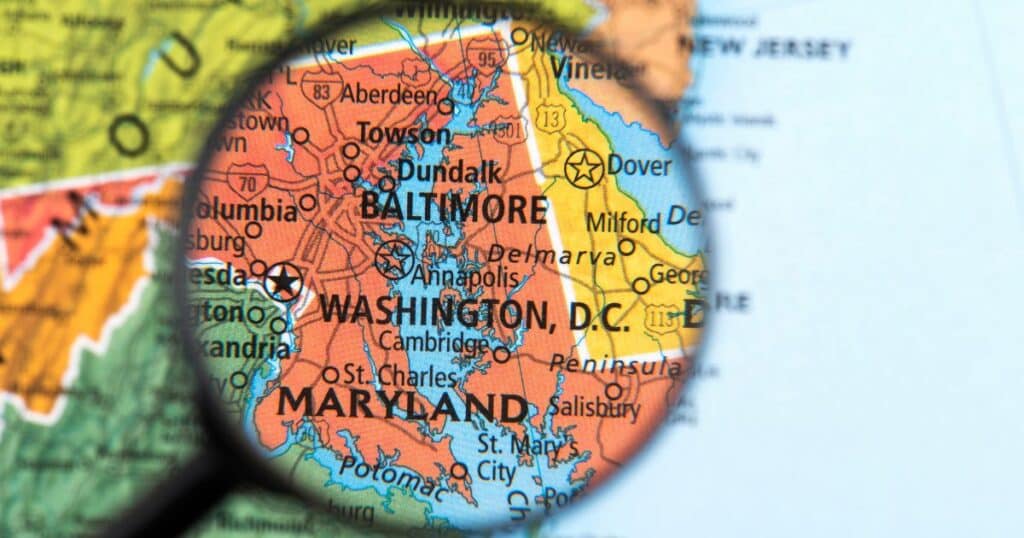
The spotlight on the Washington D.C. cannabis story will continue to shine as the transition unfolds and as the nation at large grapples with its stance on cannabis. For the district, the goal is clear — to build a medical cannabis program that not only meets the highest standards of care but also sets the stage for a future adult-use market framework that can one day come to fruition.
The efforts of these transitioning dispensaries offer not just a glimpse into what’s to come for D.C., but also an important lesson for the cannabis industry at large about the power of persistence, community engagement, and the potential of what starts as a grey market to evolve into a thriving, regulated industry with a place in the mainstream.
- Maryland Leads the Way in Cannabis Pardons, Setting an Example for Much-Needed Cannabis Reform
- Military Construction and Veterans Affairs Bill Amendments Could Change Medical Marijuana and MDMA-Assisted Therapy Options for Veterans
- Thailand’s U-Turn on Recreational Cannabis Use
- Chicago Police Department Revises Policy on Searches Based Solely on Marijuana Odor
- Ohio’s Senate Bill 56 Postponed, Leaving Details of Issue 2 Still Unresolved
- Sports Stars and Well Known Entertainers Join Forces Calling on Trump for Cannabis Reform



